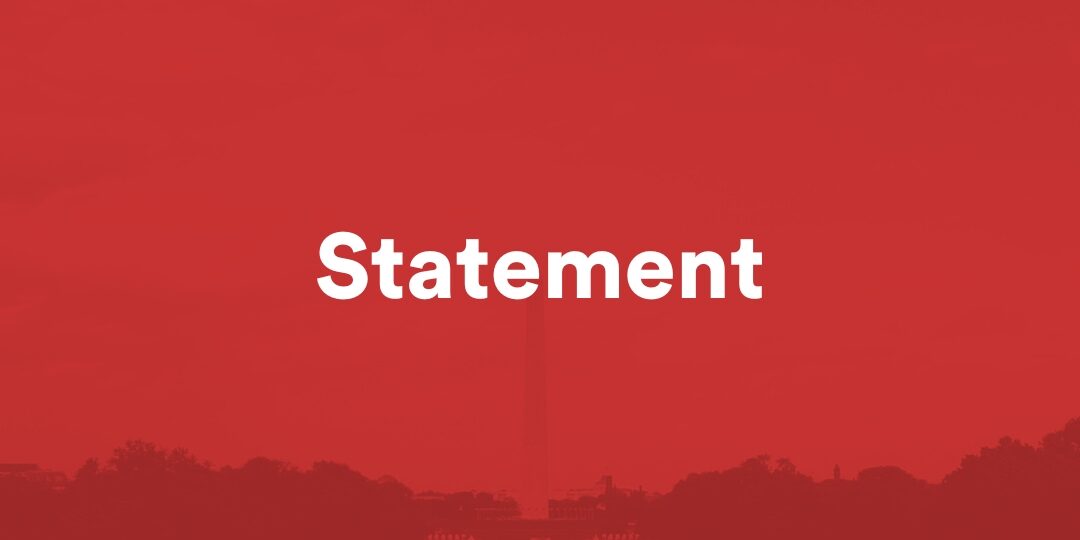The following is a joint statement from Verified Voting and the National Disability Rights Network (NDRN) with recommendations to improve access and support for voters with disabilities and those with language access needs. For additional media inquiries, please contact nicole@newheightscommunications.com
PHILADELPHIA (October 24, 2024) — According to new data, there are 40.2 million eligible voters with disabilities, yet voters with disabilities continue to face unacceptable barriers. With early voting in full swing, Verified Voting and the National Disability RIghts Network are committed to improving accessibility and inclusivity at polling locations nationwide.
“It is essential that we ensure every eligible voter—regardless of disability or language proficiency—can fully and independently participate in the voting process. In 2022, one in five voters with disabilities faced obstacles or required assistance to cast their ballot. Turnout is steadily rising in the disability community, and it’s our responsibility to help that number grow even more by continuing to remove barriers and make voting accessible to all,” said Pamela Smith, president and CEO of Verified Voting.
“Voting is not just a right; it’s the cornerstone of our democracy that should be accessible to everyone. It is imperative that we work collectively to dismantle the barriers that prevent individuals with disabilities from exercising their fundamental right to vote. As we strive for an inclusive electoral process, we must prioritize the needs of all voters to ensure that every voice is heard,” said Marlene Sallo, executive director of the National Disability Rights Network.
Verified Voting and the National Disability Rights Network recommend the following actions to improve the voting experience for all:
- Polling places must be accessible—if a location is not permanently accessible, election workers should make temporary adjustments.
- Curbside voting must be available where allowed by law—signage must be visible, parking must be accessible, and voters must be able to mark their ballots privately.
- At least one machine per polling place must be available and working for voters with disabilities and language access needs.
- Poll workers should remind every voter to check their paper ballot before casting it to ensure their choices are accurately recorded.
- Voters must be allowed to bring a person of their choosing—except an agent of their employer or union—to assist them at the polls.
- Jurisdictions should bring voting tools to voters where they are to better serve them.
- Jurisdictions should consider dedicating one election worker per polling place to focus on accessibility. This worker would ensure accessible equipment is set up and ready for voters, ensure that the location is ADA-compliant, and support voters with disabilities who need assistance.
###
